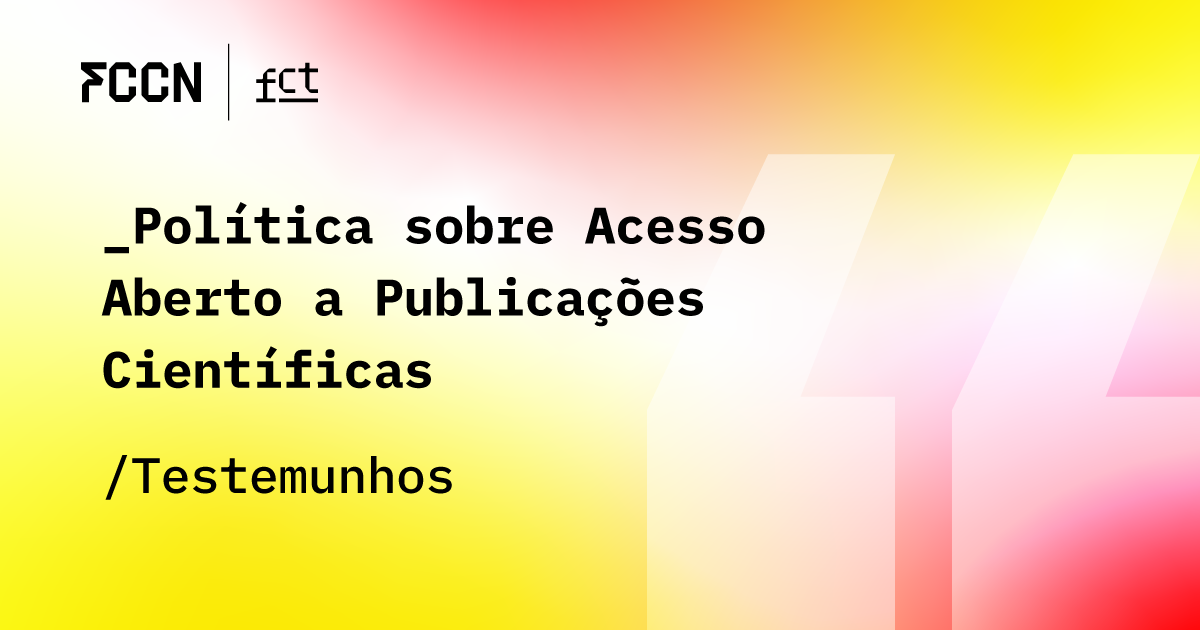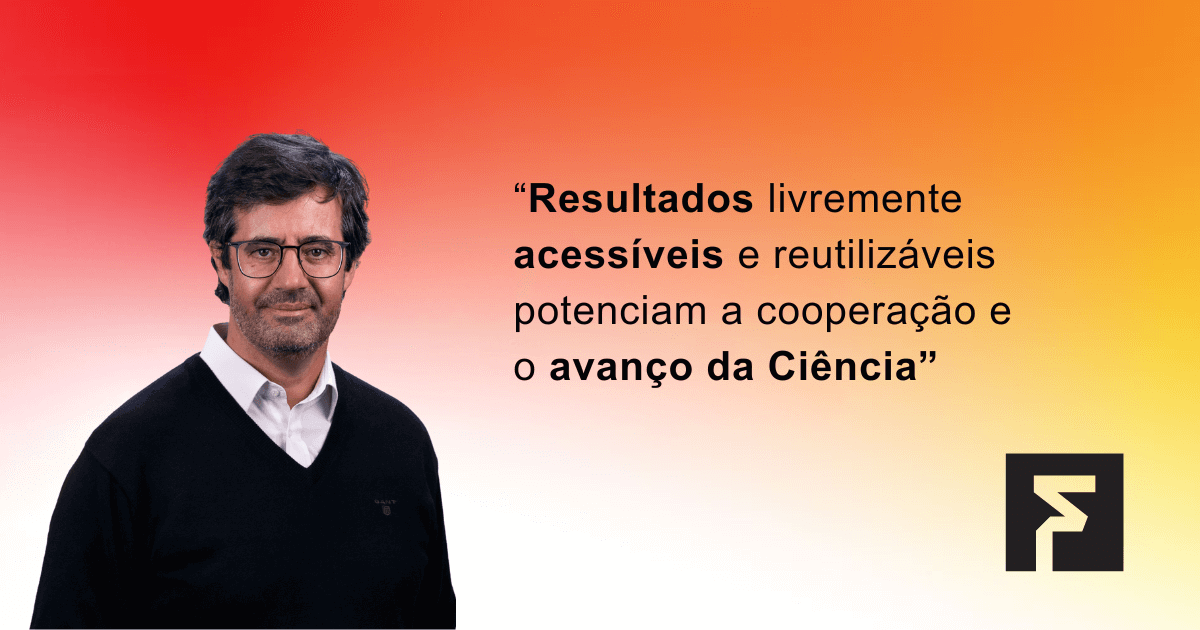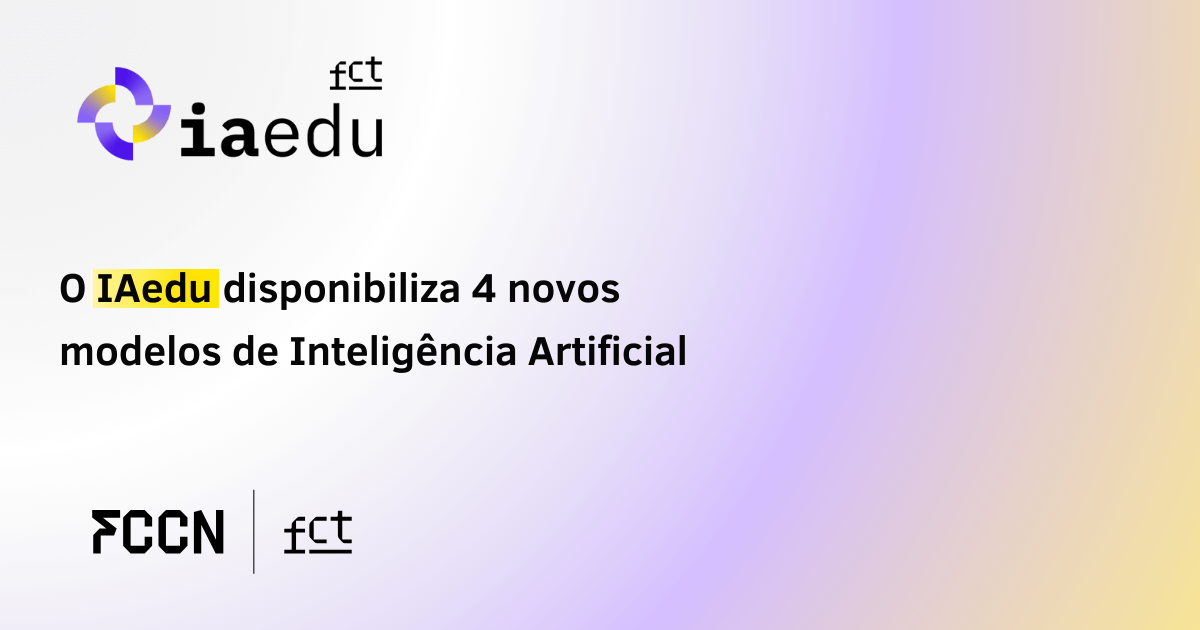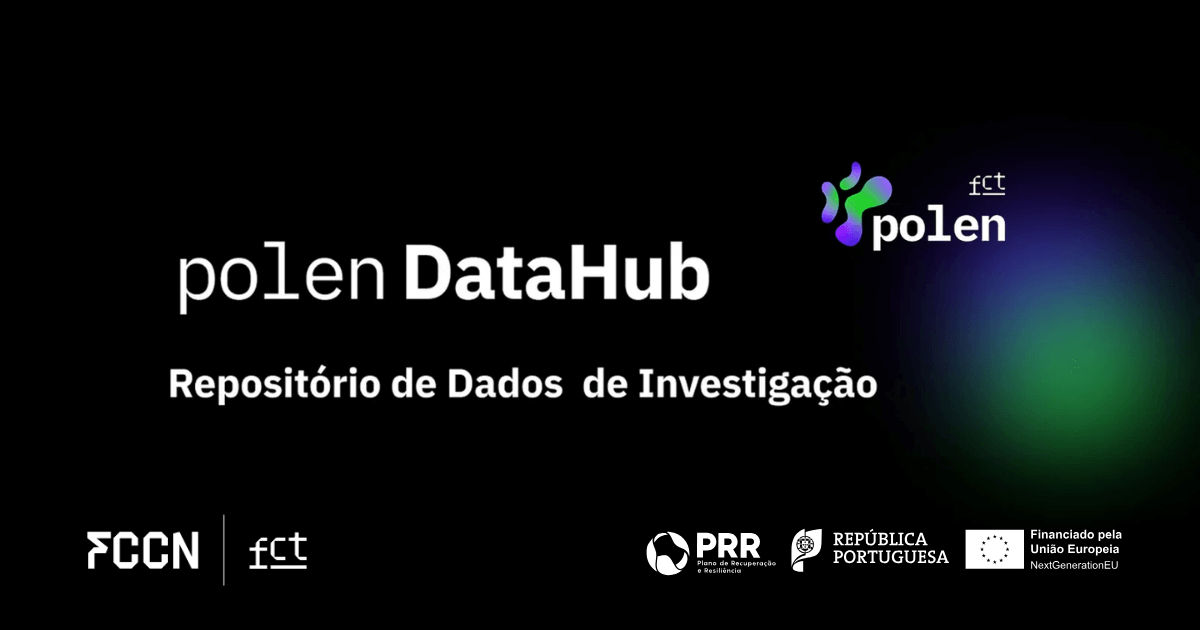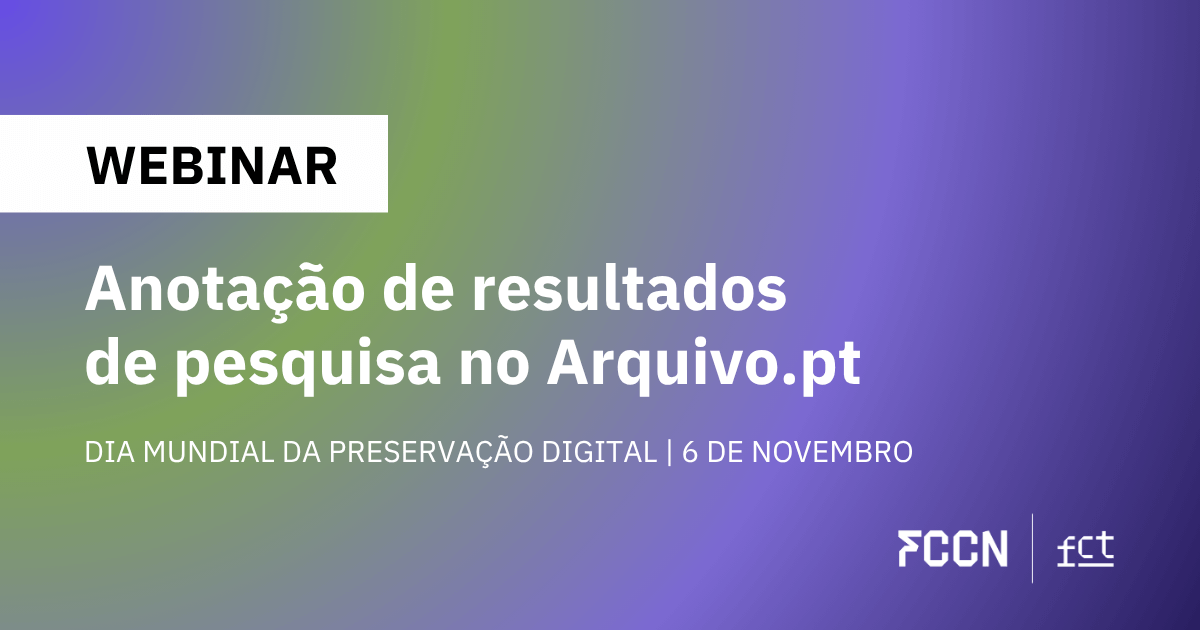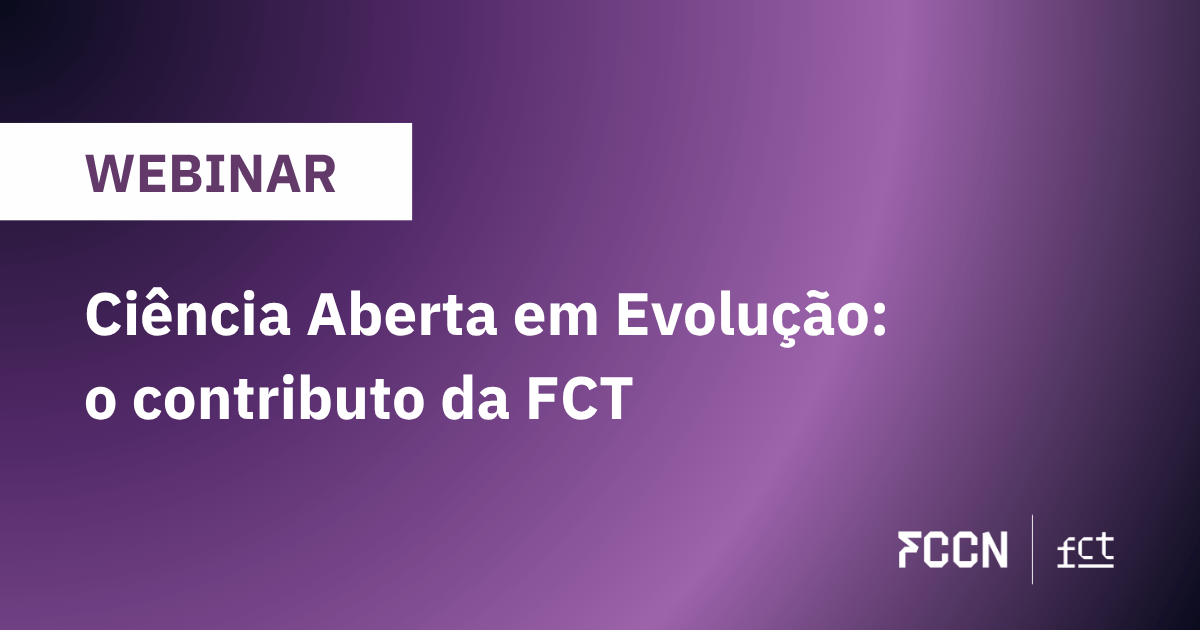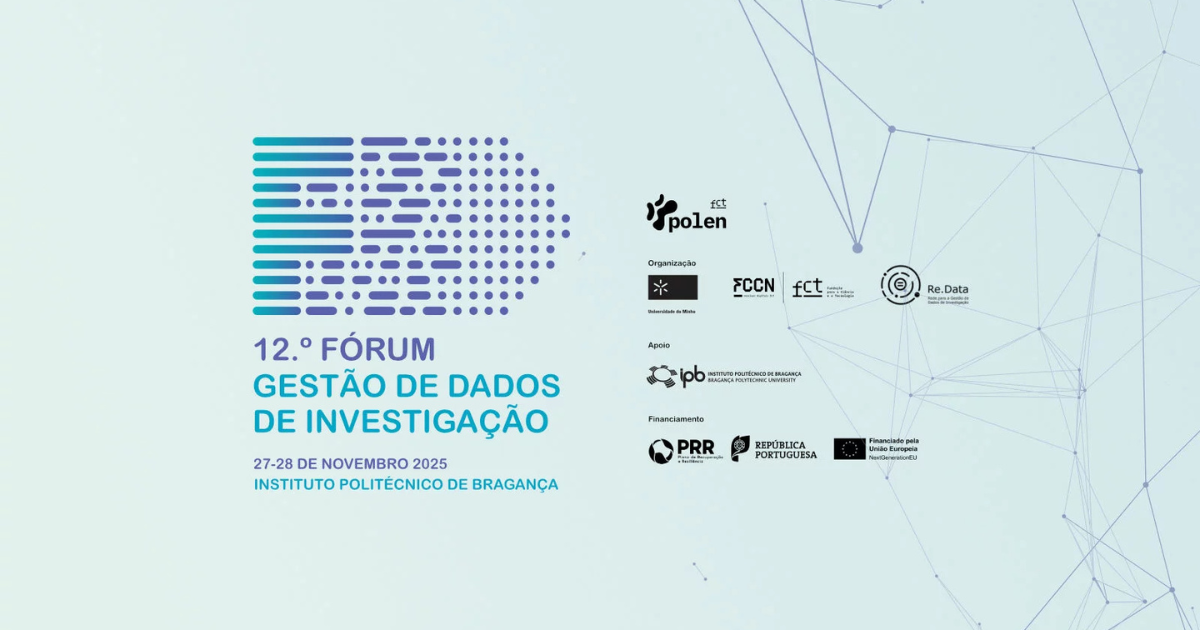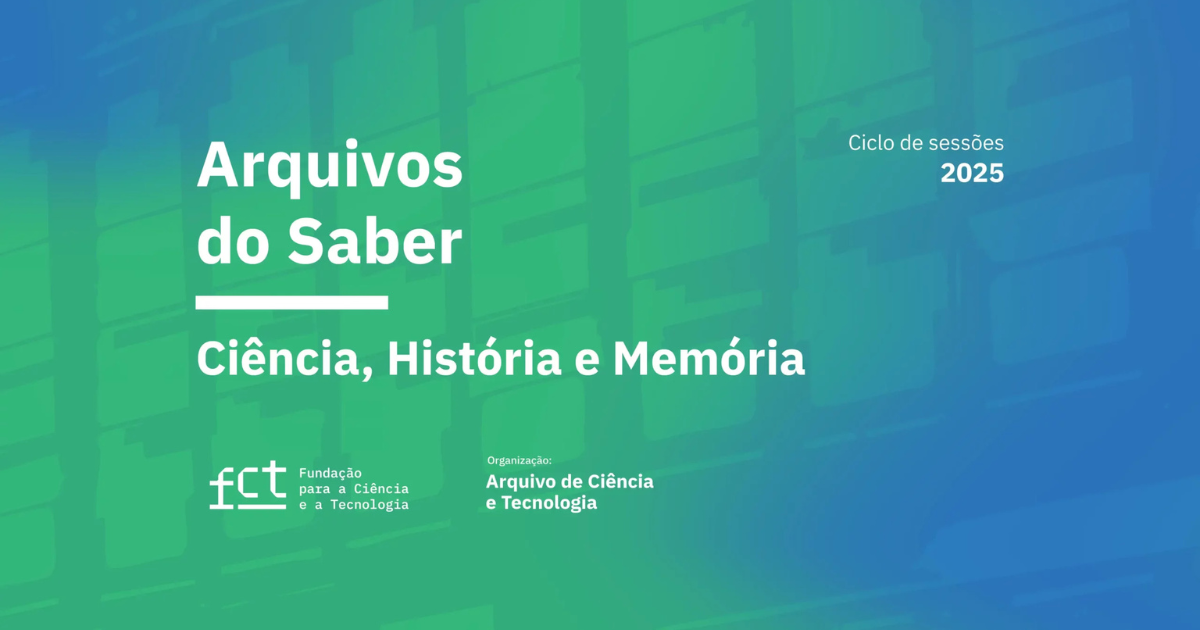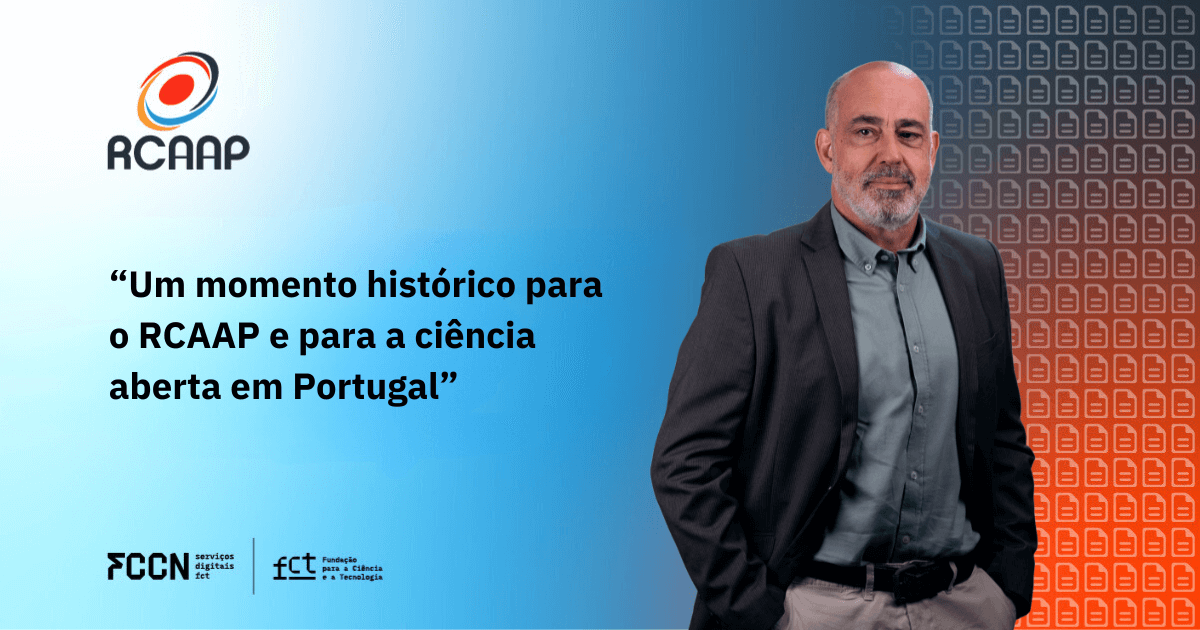

RCAAP – Open Access Scientific Repositories of Portugal – ends 2024 in the best way, by reaching the historic milestone of 1 million documents aggregated from national resources. This goal was achieved in the year in which this digital service from the Foundation for Science and Technology, developed by FCCN and the University of Minho, celebrates 16 years of activity.
Paulo Lopes, RCAAP manager, explains the importance of this achievement and reveals the objectives for the future of this project, stating that “it is a historic moment for RCAAP and open science in Portugal”
Topics in this article:
1 million aggregated documents: meaning and importance
For Paulo Lopes, this achievement “reflects the commitment of Portuguese institutions to sharing knowledge in an accessible and transparent way, increasing the visibility and impact of national scientific production”.
According to him, the aggregation of 1 million articles also positions Portugal as an example in the adoption of open science practices and, internationally, reinforces the presence of national research in global networks and facilitates access to collaborations, citations, and scientific reuse.
The evolution of RCAAP
Since its launch in 2008, this initiative has been grow continuously, having today, among other numbers, 385 resources (journals and repositories) hosted. For this evolution, the person in charge highlights “the creation of services such as SARI (two-thirds of national open access repositories use this service), SARC and adherence to international standards, which consolidated RCAAP as a reference in scientific information management. It also highlights “the importance of the PUBIN initiative as support for Diamond open access publishing”.
However, it also lists some challenges that have emerged over these 16 years: the need to raise awareness among institutions about the adoption of repositories, alignment with open access policies, and the integration of repositories with different platforms and standardized formats.
The role of RCAAP in promoting open science
According to Paulo Lopes, the RCAAP is “a fundamental pillar of the national open science strategy, promoting free access to knowledge and compliance with open access policies, such as those of the FCT." The project's contribution to the democratization of science, which allows research results to reach a wider audience, was also one of the reasons cited for its success.
Community feedback is also one of the manager's highlights, who states that users recognize it “as an essential service for the management and dissemination of scientific production”. Among the various factors, the highlights are ease of access, technical support and alignment with the needs of institutions.
Future goals
The future of this FCT service involves a cross-cutting objective that aims to continue expanding Open Science coverage, as recommended by UNESCO. This objective encompasses other pillars such as the Open Educational Resources Platform (NAU), guidance and support for publishing through the Diamond pathway (PUBIN), and publishing through the transformative pathway (b-on). https://www.b-on.pt/acesso-aberto/) or the public availability of research data (POLEN).
In the case of RCAAP, the pursuit of this objective involves expanding the aggregation of open access content, strengthening integration with international initiatives, and further supporting institutions in complying with open science policies.
Additionally, it is intended “invest in technological innovation to ensure that RCAAP remains at the forefront of scientific information management”, concludes the service manager.
